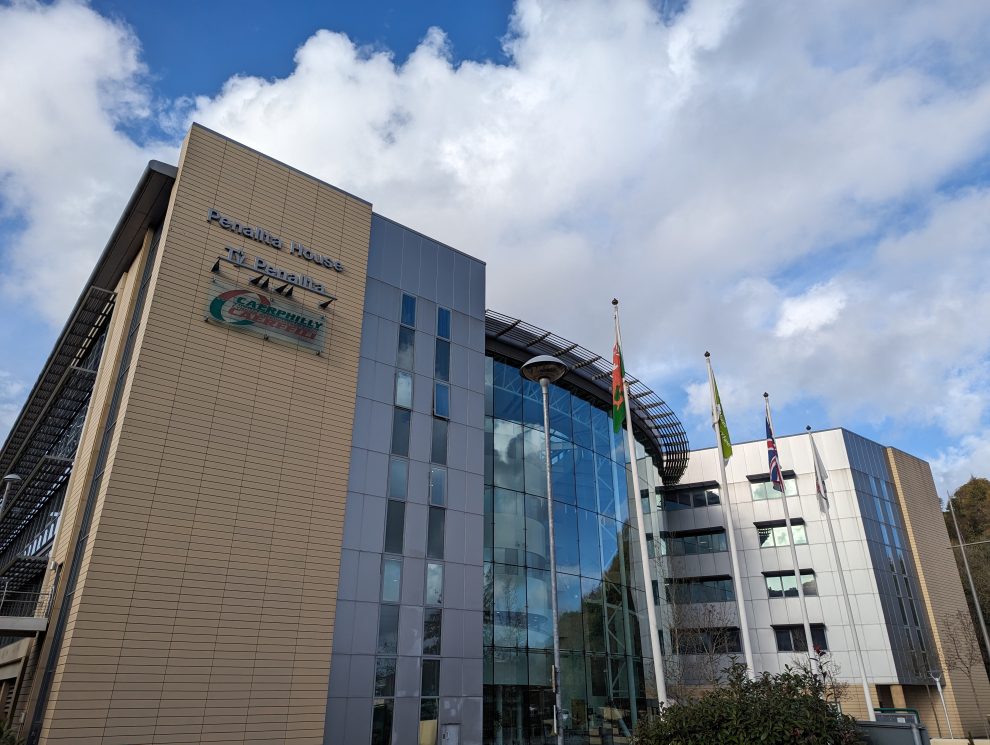RESIDENTS affected by major developments should have more say in how building work can benefit their community.
A new Caerphilly County Borough Council report outlines a plan to raise awareness of community wellbeing projects, which can be funded by housebuilders and other developers.
So-called Community Benefit Contributions (CBCs) are voluntary contributions that developers make when the impact of construction work is difficult to mitigate against.
Unlike Section 106 contributions, which are formal deals struck between councils and applicants at the planning permission stage, CBCs are primarily an agreement between a developer and local community groups.
Caerphilly Council plans to bring in new guidance for residents, empowering them to seek CBCs and get the best deal for their neighbourhoods.
What are Section 106 contributions?
People who apply for planning permission for larger projects are often asked to make Section 106 contributions – a deal that comes under Wales and England’s 1990 Town and Country Planning Act.
Simply put, a developer can offset, or even compensate, a local authority for some of the impacts their proposed construction could have on an area – such as a new housing estate causing added pressure on nearby schools.
Sometimes, the Section 106 agreement might be for the developer to carry out a specific piece of work, like the building of a new playground or community centre.
In other cases, an applicant or developer may agree to pay a sum of money to the council, which will then be spent on social housing or affordable homes.
While Section 106 deals can later be amended or even cancelled, they are generally an acceptable way for councils to make sure communities benefit directly from large-scale developments near their homes.
What about Community Benefit Contributions (CBCs)?
Unlike Section 106 commitments, Community Benefit Contributions – or CBCs – are completely voluntary and are offered by developers as a “goodwill” gesture to the community where building work will take place.
They can either be monetary or in the form of projects to improve the area’s wellbeing, such as by investing in young people, scholarships or work placements; local climate projects or shared community assets.
Councils do not play a direct role in deciding how and where the contributions are made, but they do play a role in making sure local data and community engagement is used properly to decide how CBCs are made.
In a new report, Caerphilly Council notes its role is “to guide the development of CBCs and advocate on behalf of communities” and to ensure “the maximum possible monetary and well-being benefit”.
Once a CBC has been agreed, funds are paid to “properly constituted community groups” and any spending should be recorded in an annual report available to the community.
Another major difference between Section 106s and CBCs is that while the former can be an official part of the planning process, the latter must not be touted by developers as a sweetener for any planning application.
“CBCs are not a mechanism to make a development more acceptable in planning terms and they are not taken into account when determining any application for planning consent,” Caerphilly Council said.
The council’s cabinet will be asked to support the new guidance on CBCs at a later date.



















